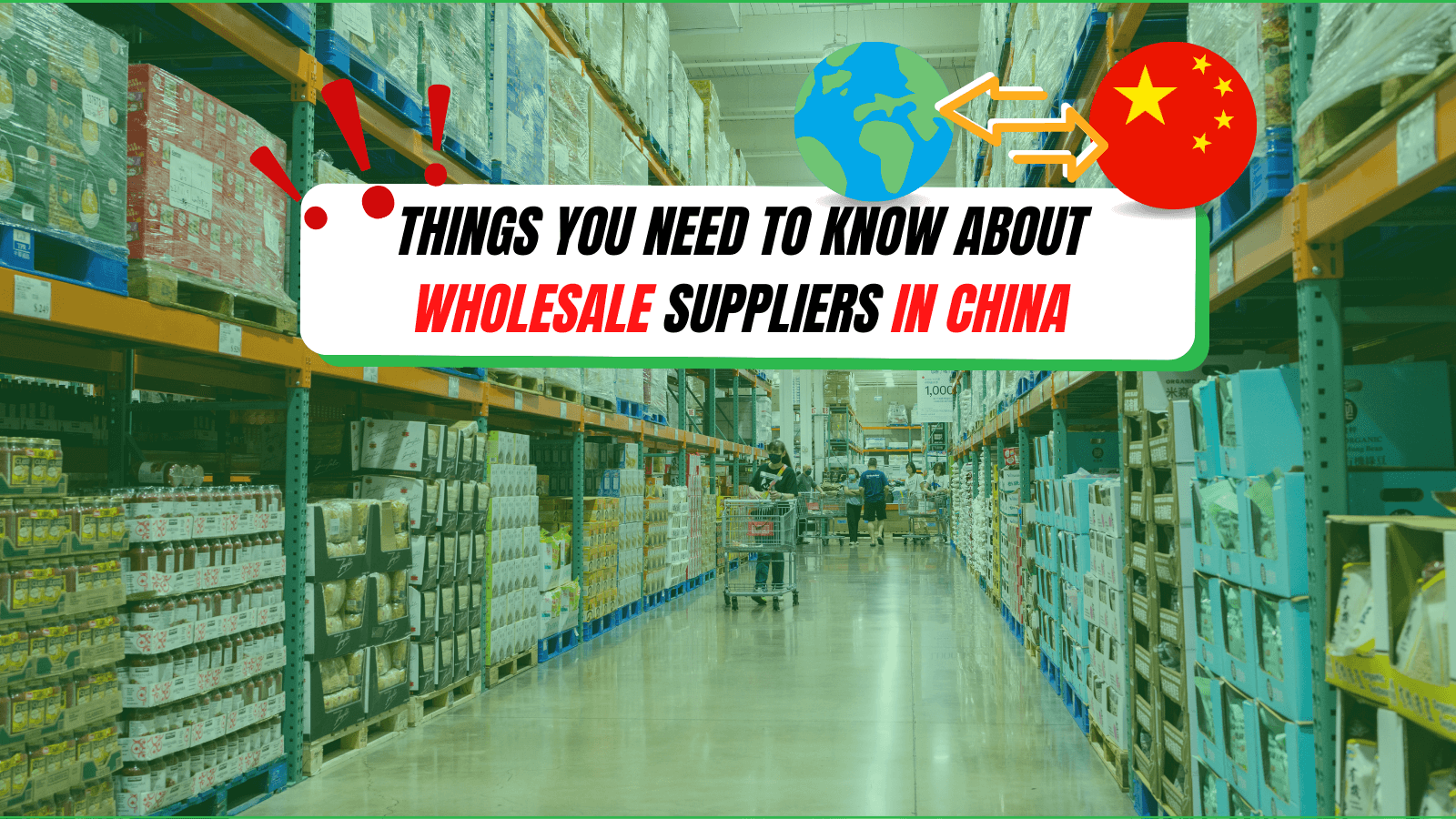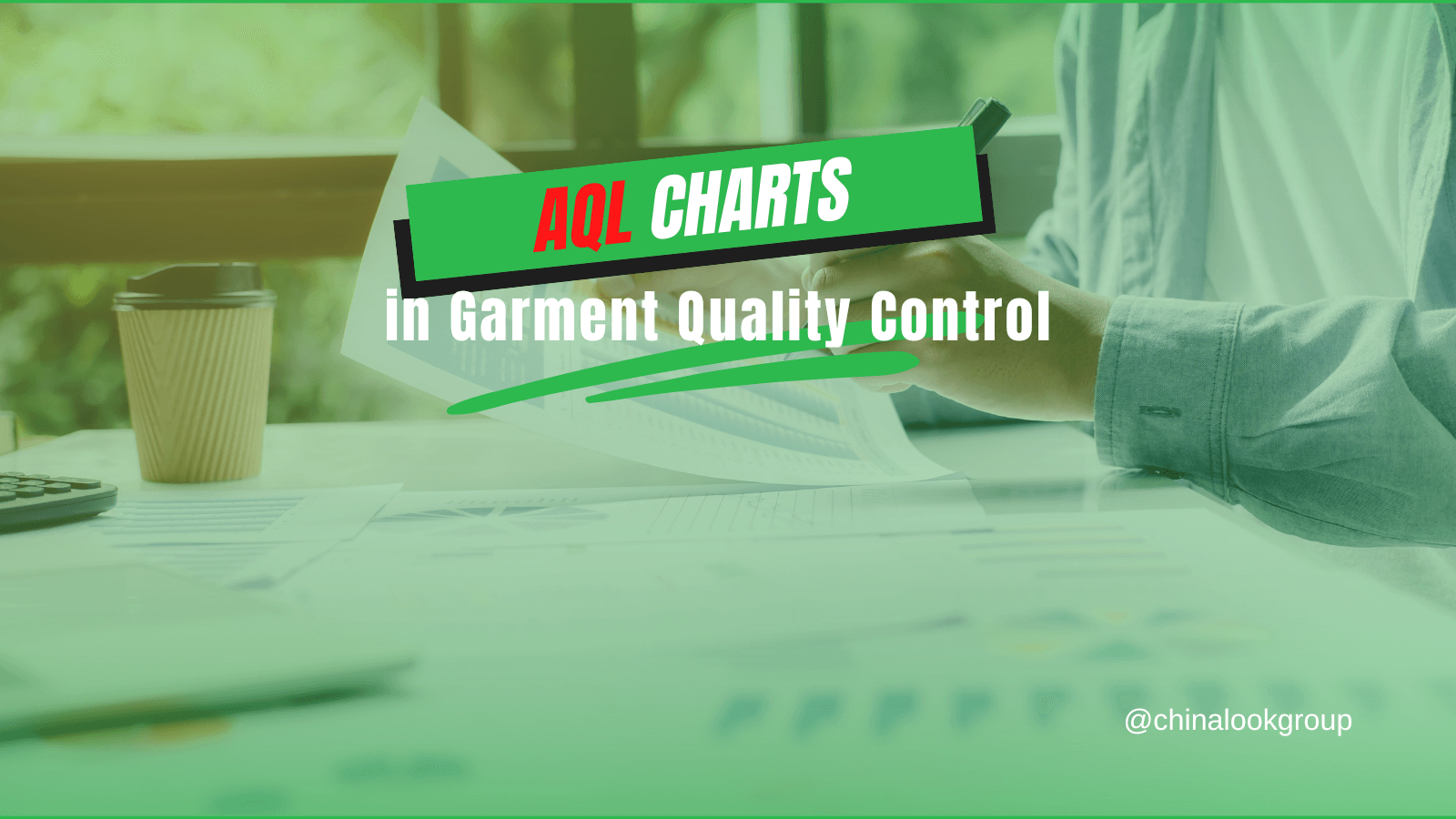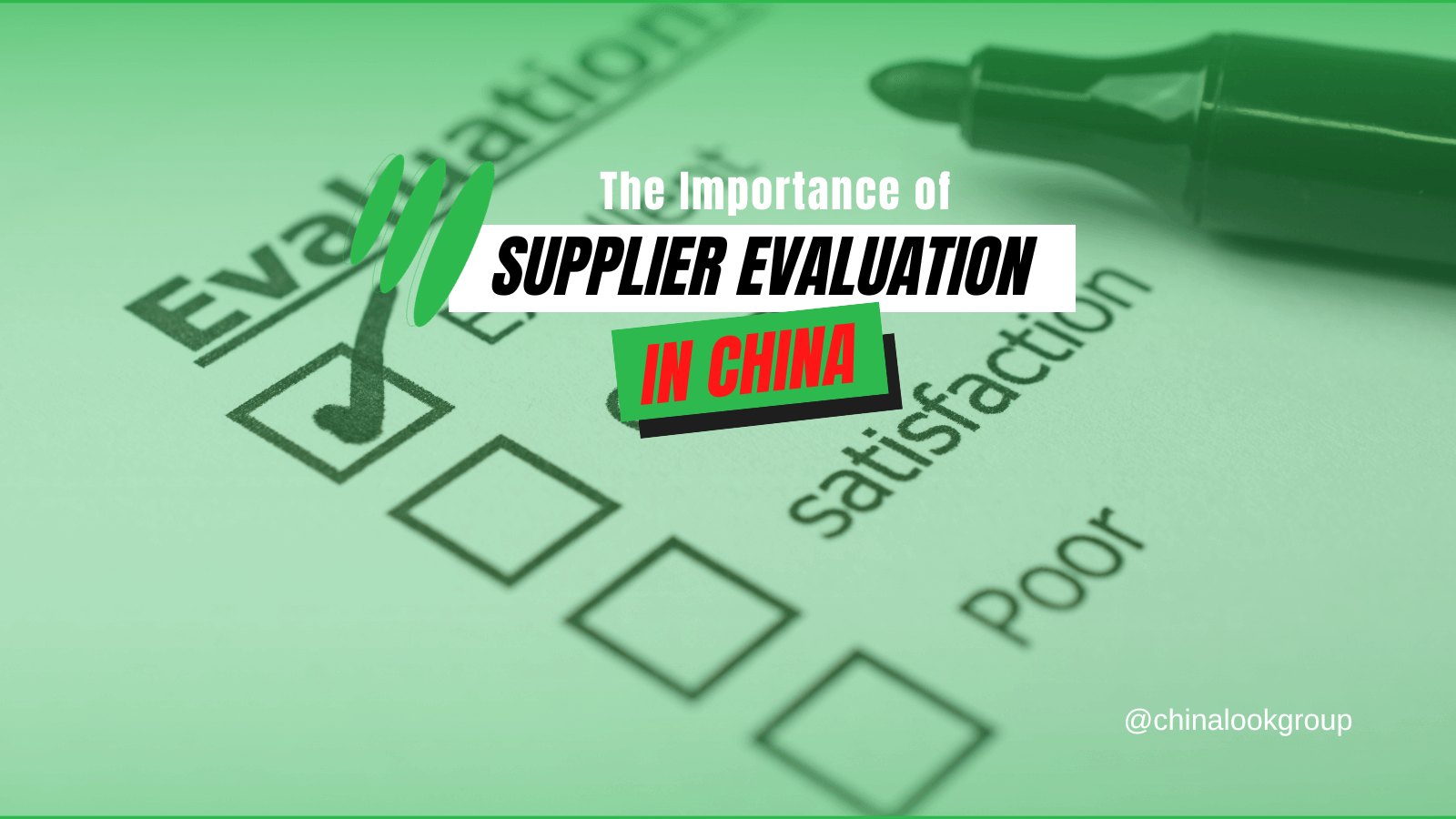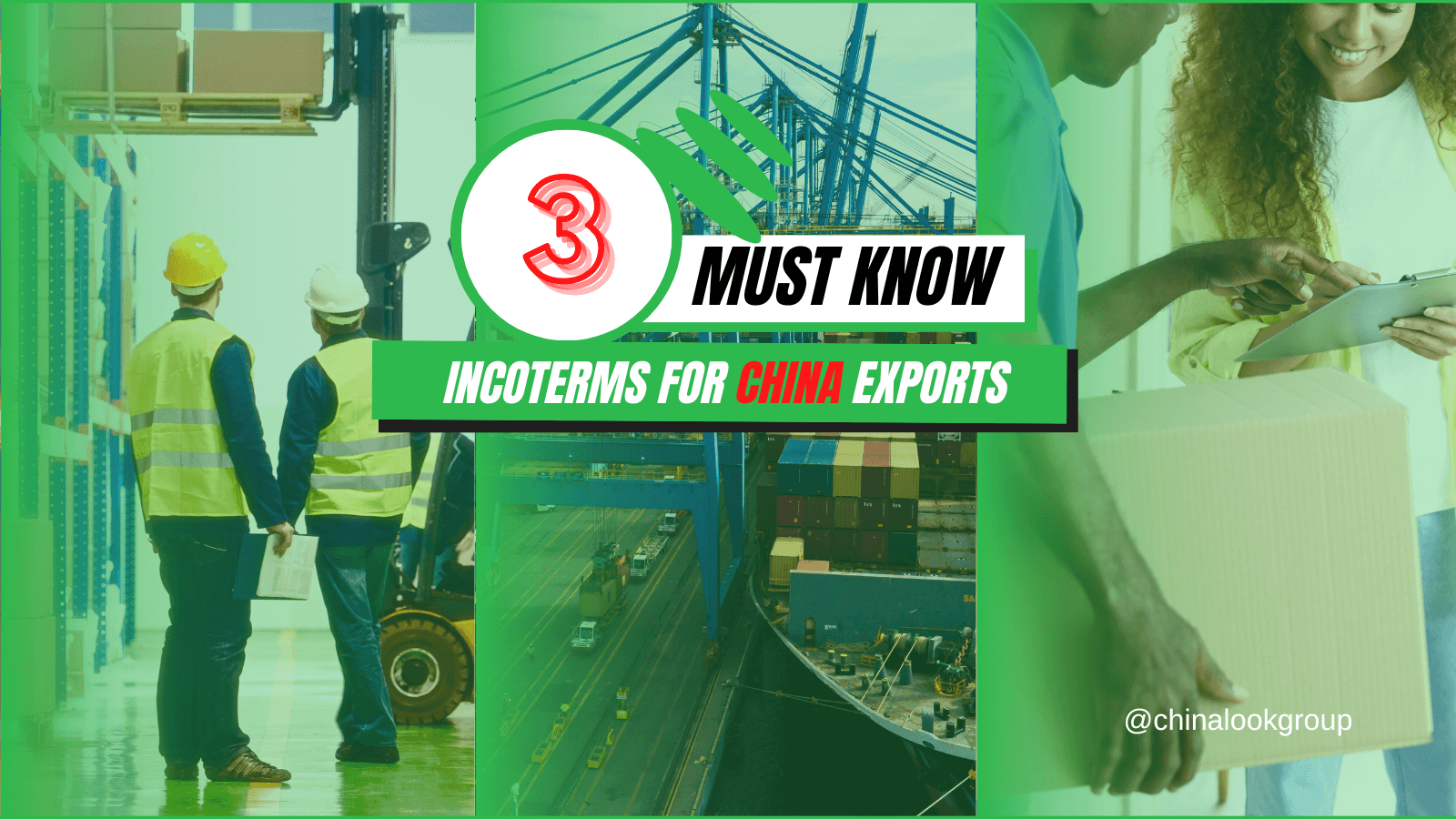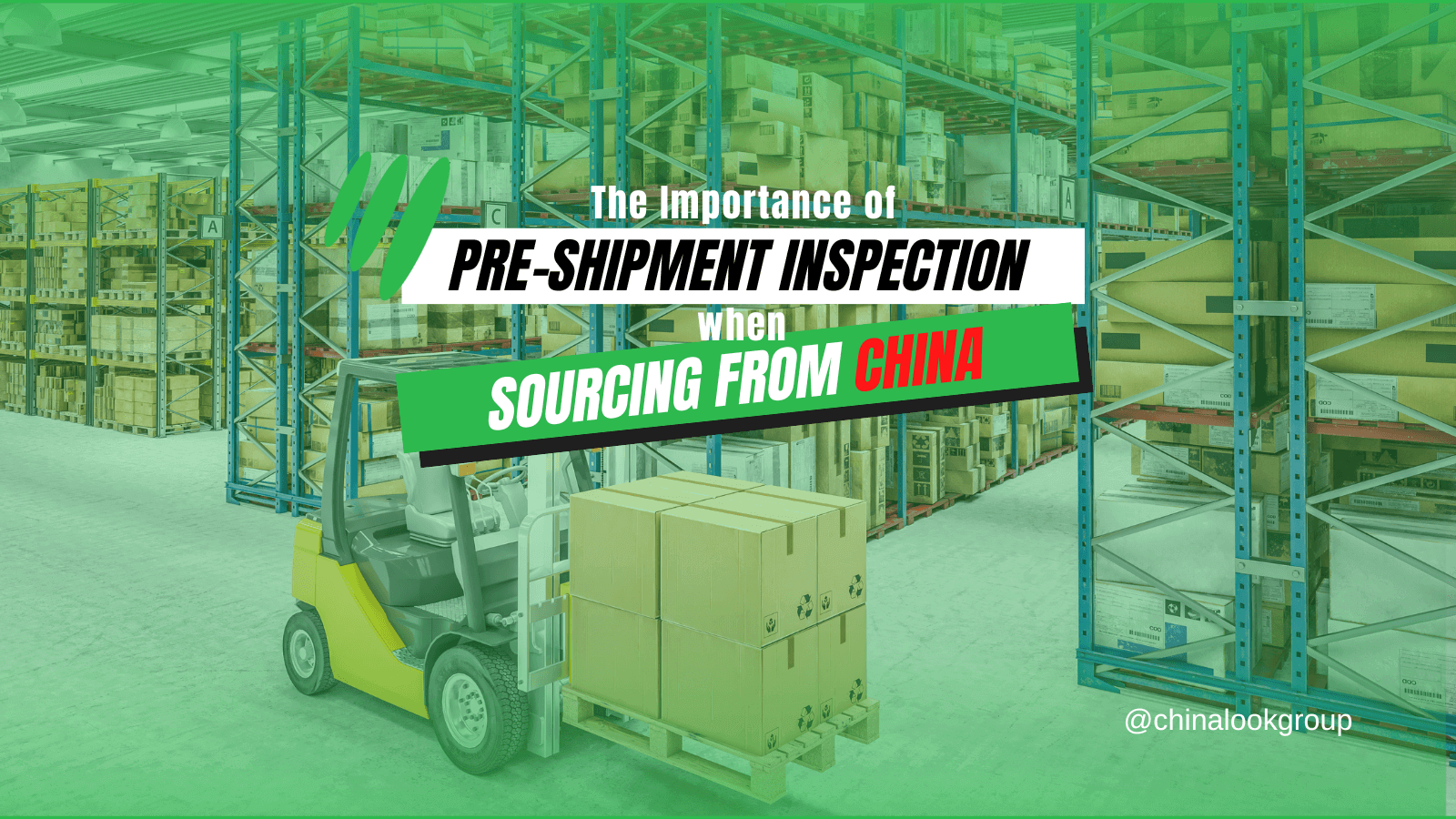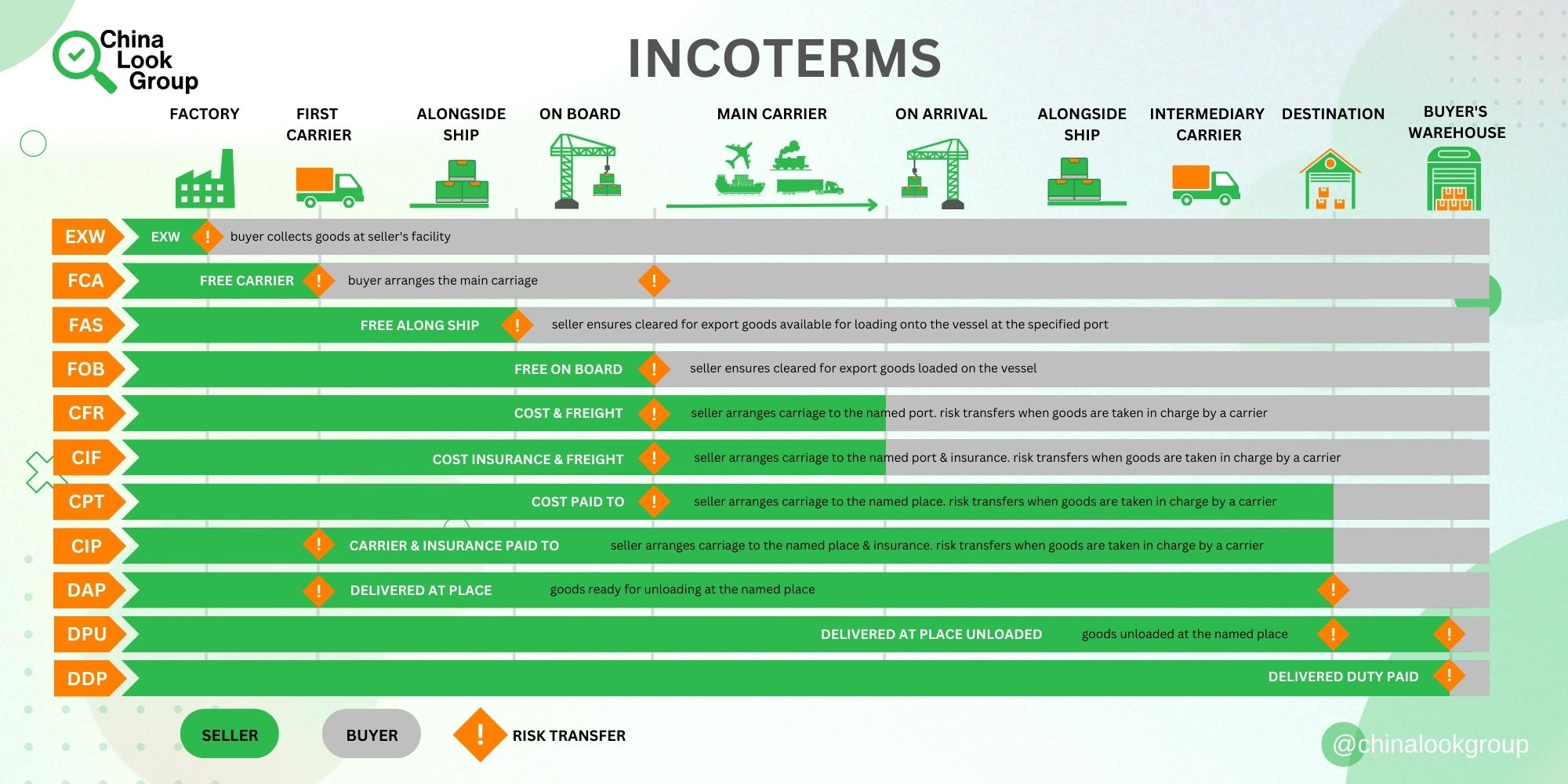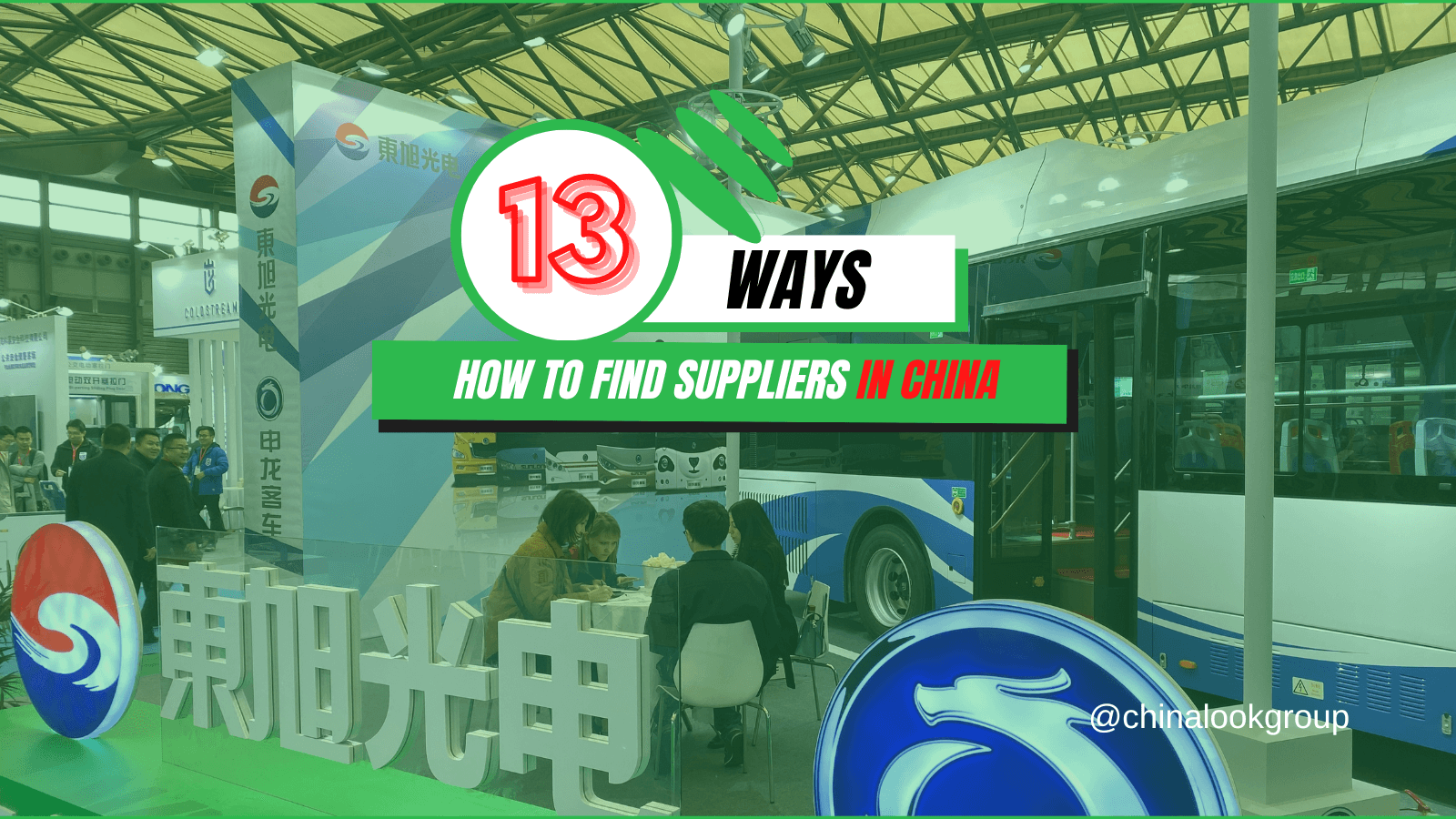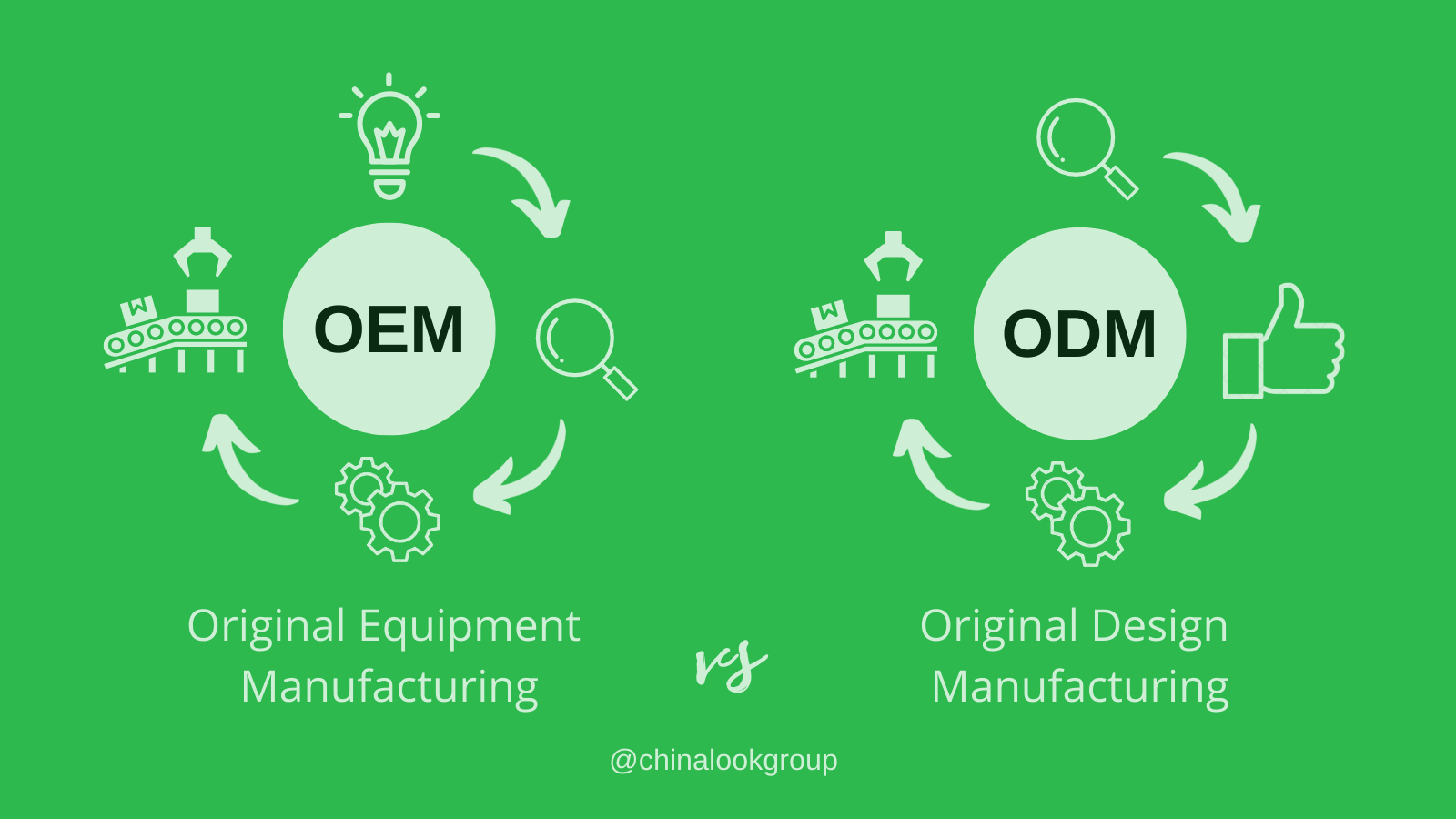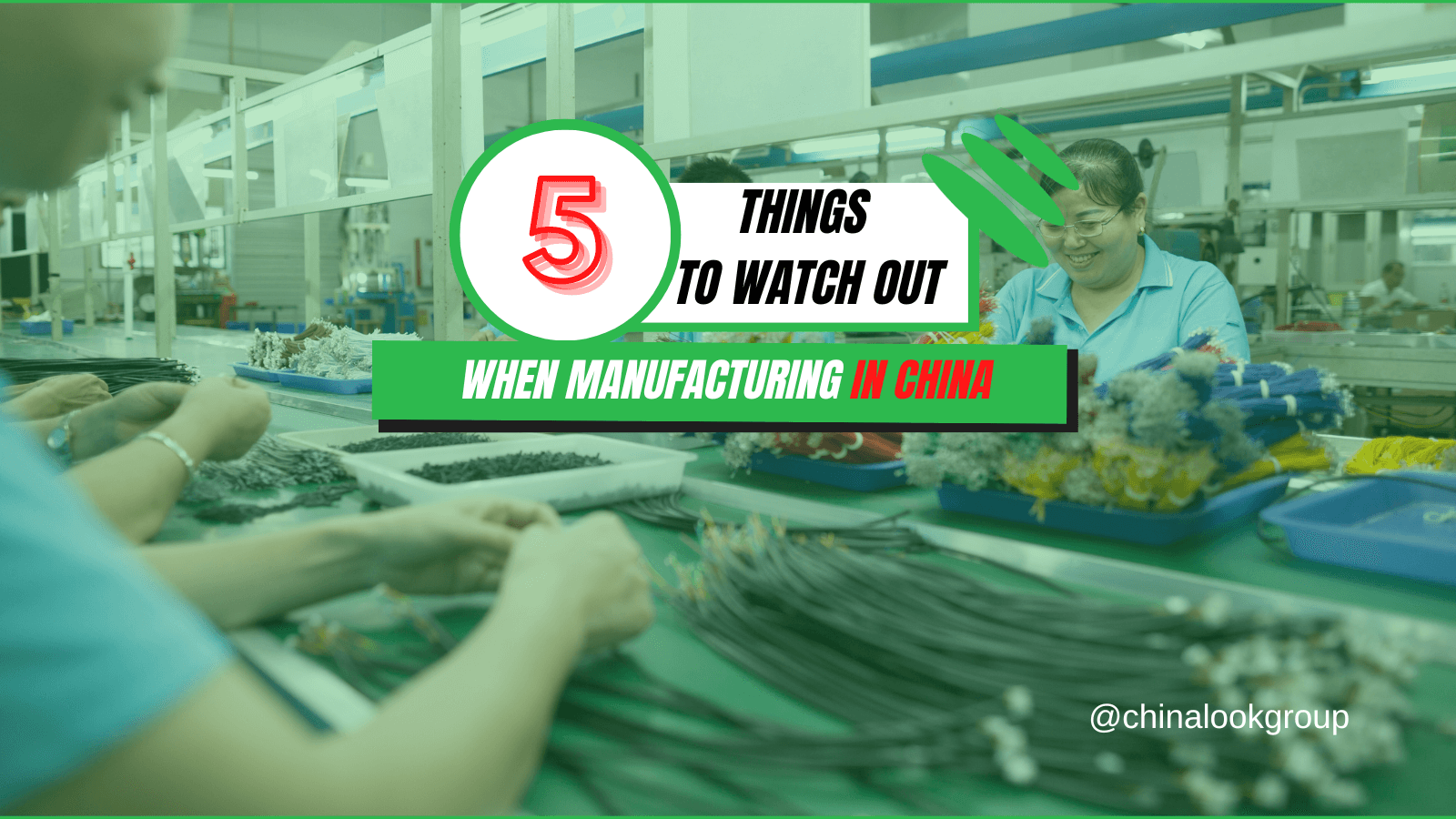
5 things to watch out when manufacturing in China
China is the world’s manufacturing superpower with 28.7% of global manufacturing output and total export of 327.5 Billion USD as of January 2022. China making it the number 1 manufacturing power in the world, is a go-to place for the production and export of goods. However, foreign companies may face various issues and problems when manufacturing in China.
1) Miscommunication
One of the drawbacks of manufacturing from China is miscommunication. It can occur due to differences between Chinese and Western culture, language barrier, and the level of competency of the representative that you contact with.
Chinese and western cultures have their differences. Therefore western brands in china must understand it and adapt accordingly. For instance, having a person in your team who understands Chinese business etiquette, Chinese mentality, and Chinese culture could be one step toward preventing miscommunication issues in the future.
The language barrier is another pitfall to be aware of. While the company representative may have good English skills over email, in real life it is usually the opposite. Therefore, you must ensure that the representative you are dealing with understands your requirements and specifications of the product. Consider hiring Chinese-speaking personnel who would be in contact with your China partners.
The competency of the representative you are dealing with might be another reason for miscommunication. Make sure to address the encountered issue with the relevant personnel. For instance, asking the sales team technical questions might not get you the answers you are looking for. Instead, try addressing these technical questions directly to the engineering or production management team. In addition, know key personnel of different departments, so you may address them directly according to the issue you face, or at least make sure that the representative you are dealing with is in a position to raise questions with their colleagues from relevant departments.
2) Golden sample vs actual production
Most manufactured goods from China have unstable quality, in which every production batch may end up being different from the sample that you and your supplier agreed on. That is a common problem that most western companies face when manufacturing goods in China. Whenever your supplier sends you a sample, consider it to be one of the best products in their range, or so to say – a golden sample. Surely you are thinking, “What can I expect from actual production?”
Here’s where the fun begins, as the golden sample and the actual production are often different.
The reasons may vary, from manufacturers misinterpreting your quality standards, and using different raw materials in their manufacturing, to even outsourcing a particular batch to a third-party factory because they were extremely busy.
A few practices, however, should encourage your supplier to deliver actual production up to a golden sample standard.
Order 3 samples of each product model. When the time comes for sample negotiation and confirmation, mark all 3 copies of a chosen model as ‘confirmed’ with a permanent marker. Keep the first copy at your office in your country, return the second copy to your manufacturer, and send the third copy to the third-party quality control company that perform a quality inspection of your products.
In your manufacturing contract, specify the penalties for differences between the golden sample and the actual production.
Hire a third-party QA/QC company to control quality throughout the entire manufacturing process.
3) Legal system
The Chinese legal system is very different compared to other countries. So, if a company intends to maintain stable cooperation with China, it must understand these differences and adapt. The company must understand how to work with different legal systems simultaneously, such as adjusting documents to be legally correct and enforceable for both China and the company’s operating country. These differences could include: tax duties, company or subsidiary formation in China, IP registration, contracts, other legal documentation, etc.,
Check out our article on what makes a China manufacturing contract legally enforceable in China.
4) Constant price increase
People who have been doing business with China for a long time are familiar with constant price increases from their Chinese partners.
You can expect a price increase right after signing the contract or after completing your first order.
The reason for this is that your Chinese manufacturer most likely did not quote you with their desired price, but lowered their quotes a little to win you over as a client. Therefore, be prepared for the prices to rise once your Chinese colleagues realize they have your business.
There will be constant price hikes in any industry in China, whether it is electronic machinery or medical device manufacturing in China, clothing, chemicals or car manufacturing in China.
5) Unstable quality
When manufacturing in China, unstable quality is a serious challenge for business owners, startups, well-established companies, and large corporations alike.
The inconsistent quality of your product will lead to major problems and losses in your business, such as customer complaints, an increase in product returns, negative feedback from customers, loss of loyal customers, and a decrease in band reputation.
Here are some possible reasons for your product quality instability and solutions to each one of them.
Changes in personnel at a manufacturing plant, responsible for a key production process.
Consult with your Chinese manufacturer and investigate if that’s the reason for quality instability. If that’s the case, having a meeting with the new personnel and reminding them what your quality requirements are might help fix this problem.
Changes in raw material supplier.
Be sure to specify a list of approved raw material vendors when signing a China manufacturing contract.
A product part or a whole batch of production outsourced to a third-party manufacturer who doesn’t know your quality requirements.
Just as with raw materials, you need to specify in the manufacturing contract the list of outsourcing factories that the manufacturer can turn to when manufacturing your product.
Another way to control your product quality is to work with a third-party quality control company in China. As your trusted partners, they would support your business on-site, perform quality inspections before container loading, conduct quality control during production, and many other business-supporting services.
Thank you for sticking with us to the end. We encourage you to take bold but smartly calculated actions in your China business. Keep learning constantly and achieve new business heights every day!


